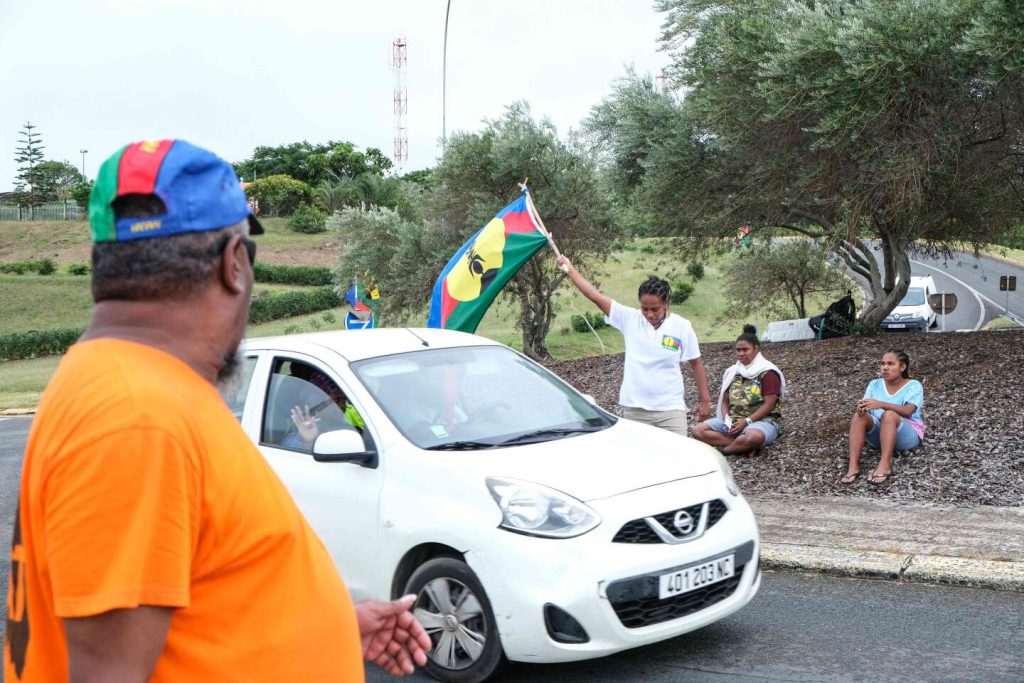Violence erupted in New Caledonia on Monday, May 13 and Tuesday, May 14, as parliamentarians examined a constitutional law reforming the electoral body. This led to two deaths, a curfew being declared, and residents forming militias to protect their property. The uprising, led by young rioters outside the control of independence leaders, harkens back to the dark days of the archipelago’s history, reminiscent of the near-civil war that took place 40 years ago following the assault on the Ouvea cave on May 5, 1988. The issue of the electoral body had already created a divide between loyalists and independence movements back then, and despite three referendums confirming the desire of New Caledonians to remain French, tensions between communities persist.
The revision of the electoral body was always expected to be delicate due to its implications for the delicate balances established by the Noumea Accord of May 5, 1998. Only those registered on electoral lists before the accord were allowed to vote, resulting in nearly one in five voters being excluded today. The reform partially addresses this inequality by opening up the electoral body to all natives and individuals with at least ten years of residence in New Caledonia. What could have been seen as a slow progression towards democracy has reignited a quasi-civil war atmosphere due to ongoing inequalities for Kanak people, poor economic conditions, and a sense of hopelessness among the youth looking for a better future.
The government’s decision to assign the handling of the situation to the Minister of the Interior, rather than the Prime Minister as traditionally done, has been met with criticism. The appointment of a non-independence movement figure as Secretary of State and a loyalist as rapporteur for the constitutional law project have added to suspicions. Despite warnings from former Prime Ministers, the executive proceeded with the law examination in the National Assembly, demonstrating a show of strength against the rioters and aiming to secure a legal basis for the upcoming provincial elections. However, this victory is seen as temporary, as broader agreements on economic, social, and institutional matters are necessary for sustainable peace in New Caledonia.
By bringing all New Caledonian parties to Paris for renewed dialogue and indicating that he would not immediately convene the Parliament Congress to adopt the constitutional revision, Emmanuel Macron distanced himself from the heavy-handed approach of the Minister of the Interior. However, this move may have come too late, risking a loss of control over the situation. This delicate balancing act, described as playing with fire, underscores the fragility of the current situation in New Caledonia. The need for a comprehensive agreement encompassing economic, social, and institutional aspects is crucial for lasting peace and stability in the region.


